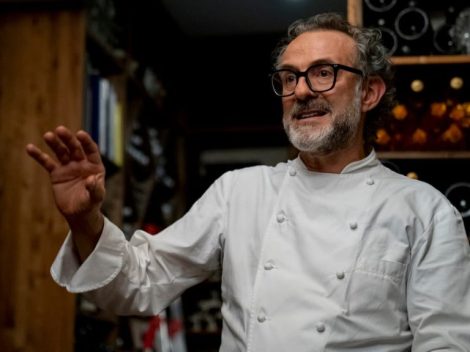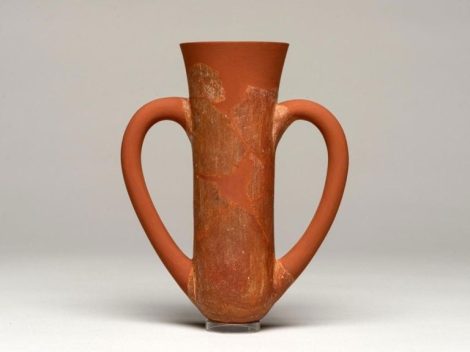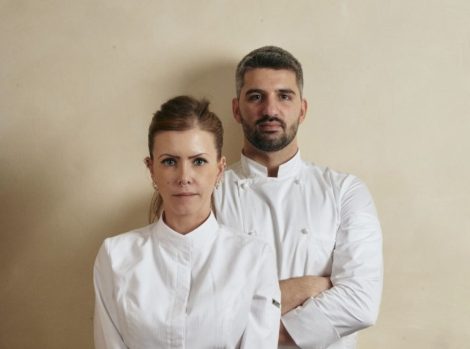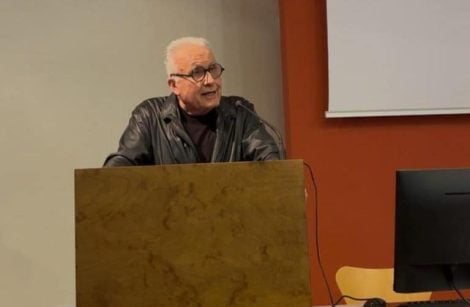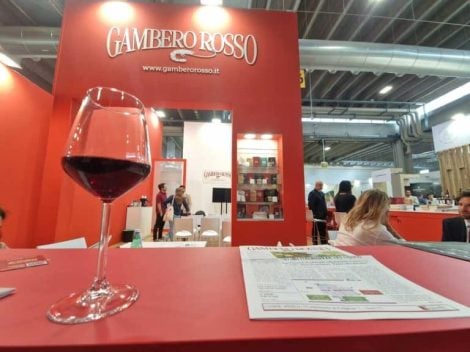By Mariateresa Totaro
From Manhattan to the Hamptons, from New Jersey to Miami. Every week, chef Pasquale Martinelli conquers the palates of wealthy Americans. Businessmen, showbiz stars like Nancy Pelosi, Henry Kissinger, Liza Minelli, Paul McCartney, Bloomberg, and famous athletes. He does this through dishes of Puglian tradition, based on simple yet excellent quality ingredients, which he cooks in their homes. Thus was born "Alloro New York Private Dining", a service of ultra-luxury dinners delivered at home.
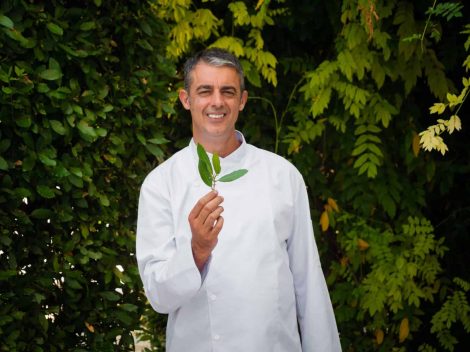
Chef Pasquale Martinelli
The Puglian chef preparing luxury dinners at home
"The idea of cooking in people's homes came from one of my clients. Many years ago, I had opened - in partnership with others - a restaurant in New York, but we didn't get the license to serve alcohol. So I decided to sell my share, which was bought by an American surgeon. One day this person called me to cook at his villa in the Hamptons. I did it without even thinking about it, and then he paid me. So I understood that it could work."
Dinner after dinner, chef Martinelli, originally from Mola di Bari and a resident of New York for over twenty years, enters a circuit of widely spread charity events in the United States, as well as private parties. Through word of mouth, clients begin to call him, won over by his Italian and Puglian traditional dishes. "This surgeon had a foundation supporting children. He asked me if I wanted to donate one of my dinners for a charity auction, and so I started. One of these dinners was bought by one of the most famous journalists in the USA, Geraldo Rivera. The bids ranged from a few thousand to over tens of thousands of dollars."
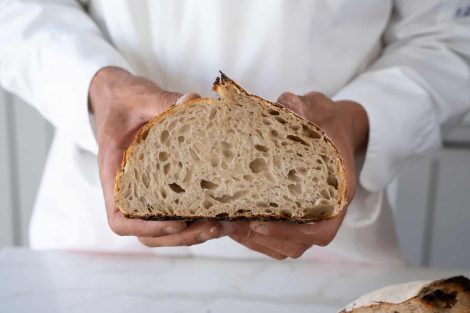
Cooking in people's homes allows Pasquale Martinelli to express himself at his best and to show Americans what it really means for Italians to sit at the table together, which is much more than eating. "When I welcome my guests, I tell them: for the next few hours, I won't be your chef, but your grandmother. Because I believe that no one cooks with more love than grandmothers do." When he arrived in the USA, Pasquale began working in the most famous restaurants in Manhattan, but only when he founded Alloro could he convey his true idea of cooking, made up of simple dishes prepared with the best possible ingredients. Dishes that he creates according to the season and the equipment available. "If there's a wood-fired oven, for example, I make Altamura bread and serve it at the table with our Puglian olive oil. Americans go crazy for our bread. Sometimes they ask me to skip the main course and have more bread and oil."
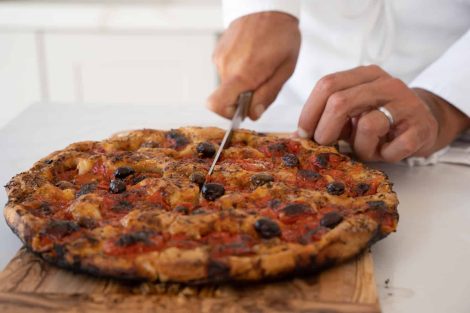
From the market to the table
But the Puglian chef has also deepened nutritional aspects over time, to propose even more balanced and healthy dishes: "I attended various courses, including one in Nutrition Sciences at Stanford University. I was fascinated by the fact that my classmates were dietitians and doctors, and I was the only chef. Everything I learned during the lessons brought me back home, to the way I grew up, to the dishes of my childhood. The simple cuisine that we should stop calling poor because it is the most precious thing there is." However, his mission is to tell the relationship that Italians have with food, which "starts from physically going shopping and not ordering online. Touching the fruit and vegetables, looking at what you are about to buy. Dedicate time to cook something. I brought a piece of my Puglia here and I bring it with me to every house where I go to cook."
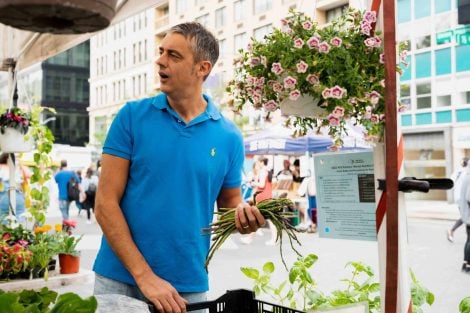
Today, together with his team, Martinelli works for events of all kinds, always and constantly enhancing home cooking: "I prepare legumes, lamb with lampascioni, trays of artichokes and peas. Some dishes initially generate skepticism, but when they taste them, they have no doubts." And where does he shop? He goes around New York a bit and beyond. The vegetables come from Union Square Farmers Market or from some farms in Connecticut, New Jersey, and Pennsylvania. The octopus, however, no. That strictly comes from his Mola di Bari. "Sometimes my clients get emotional when they taste my dishes. I believe it's the greatest gratitude that a chef can have. Here I learned that there is food off the plate and on the plate. And what's off the plate is just as important. It takes you to distant places, it tells you how a recipe was prepared, where its ingredients come from, and all the love behind it."

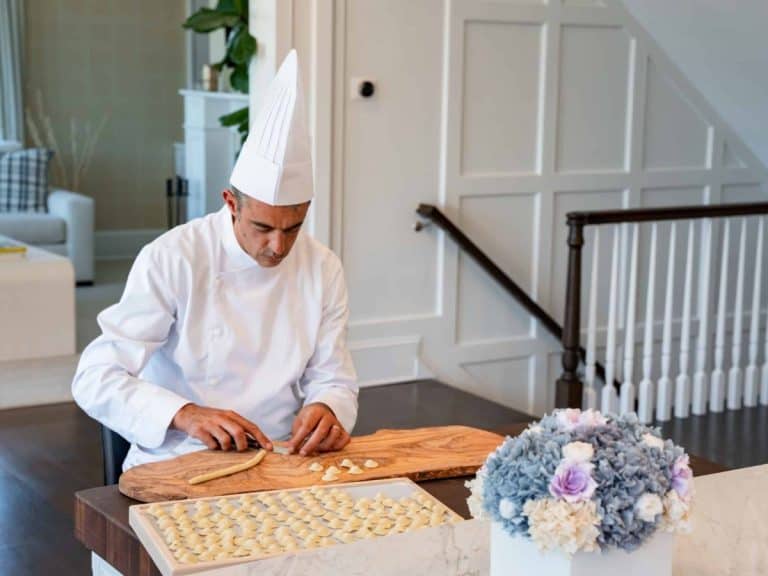
 US tariffs: here are the Italian wines most at risk, from Pinot Grigio to Chianti Classico
US tariffs: here are the Italian wines most at risk, from Pinot Grigio to Chianti Classico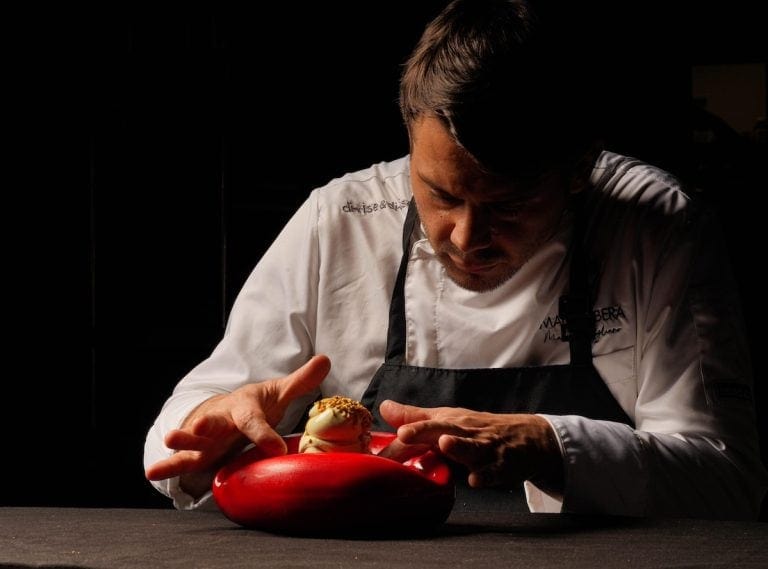 "With U.S. tariffs, buffalo mozzarella will cost almost double. We're ruined." The outburst of an Italian chef in Miami
"With U.S. tariffs, buffalo mozzarella will cost almost double. We're ruined." The outburst of an Italian chef in Miami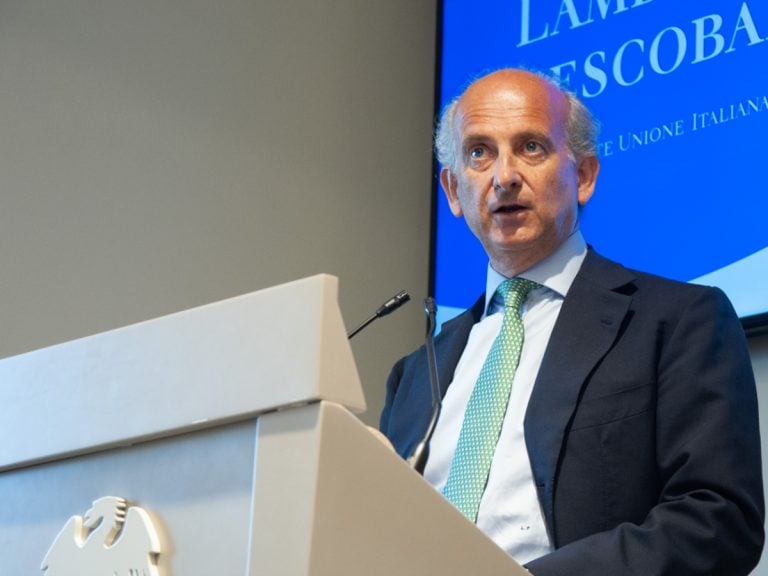 "With US tariffs, extremely high risk for Italian wine: strike deals with buyers immediately to absorb extra costs." UIV’s proposal
"With US tariffs, extremely high risk for Italian wine: strike deals with buyers immediately to absorb extra costs." UIV’s proposal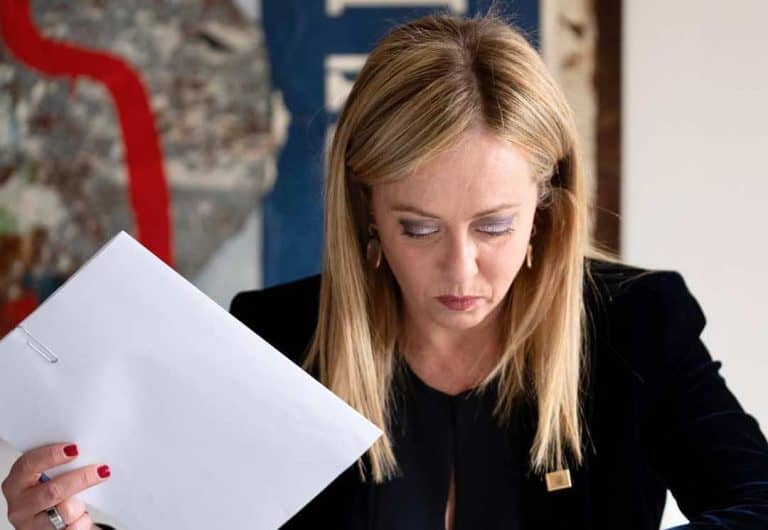 Meloni: "Tariffs? If necessary, there will be consequences. Heavy impact on agri-food sector"
Meloni: "Tariffs? If necessary, there will be consequences. Heavy impact on agri-food sector"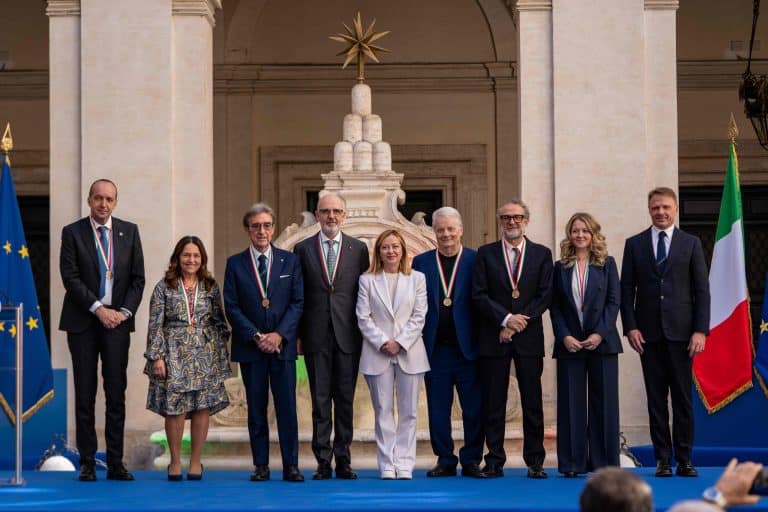 The Government honours the greats of Italian cuisine, from Bottura to Pepe. Massari: "Thank you, Meloni, the only one who listened to us"
The Government honours the greats of Italian cuisine, from Bottura to Pepe. Massari: "Thank you, Meloni, the only one who listened to us"